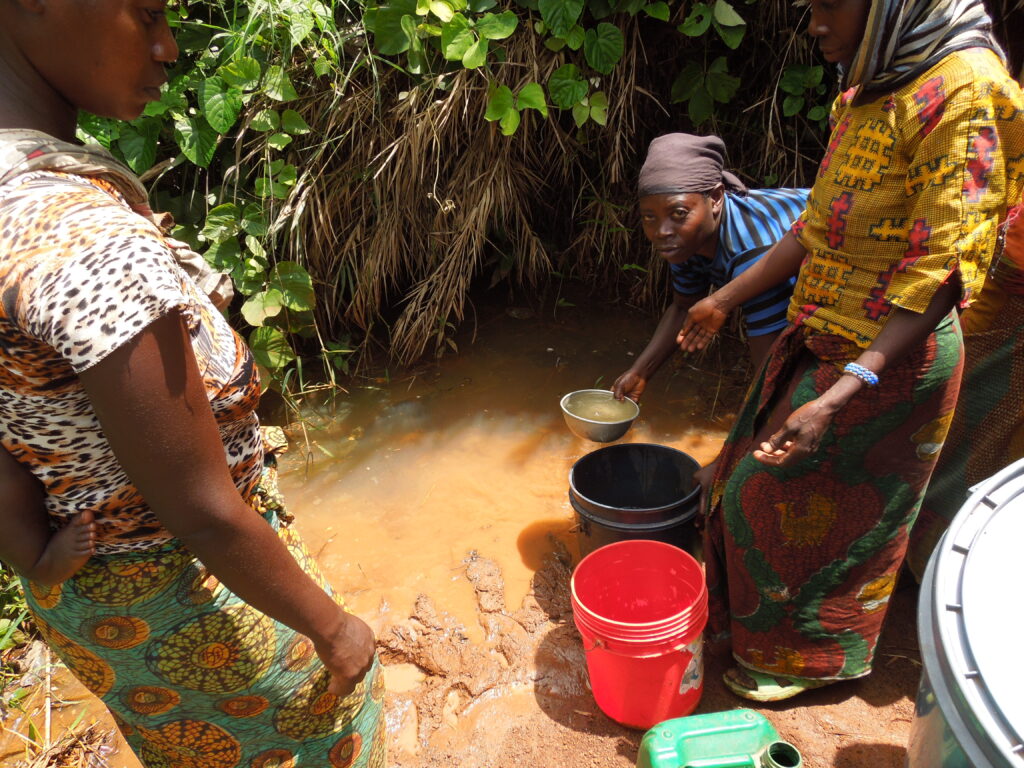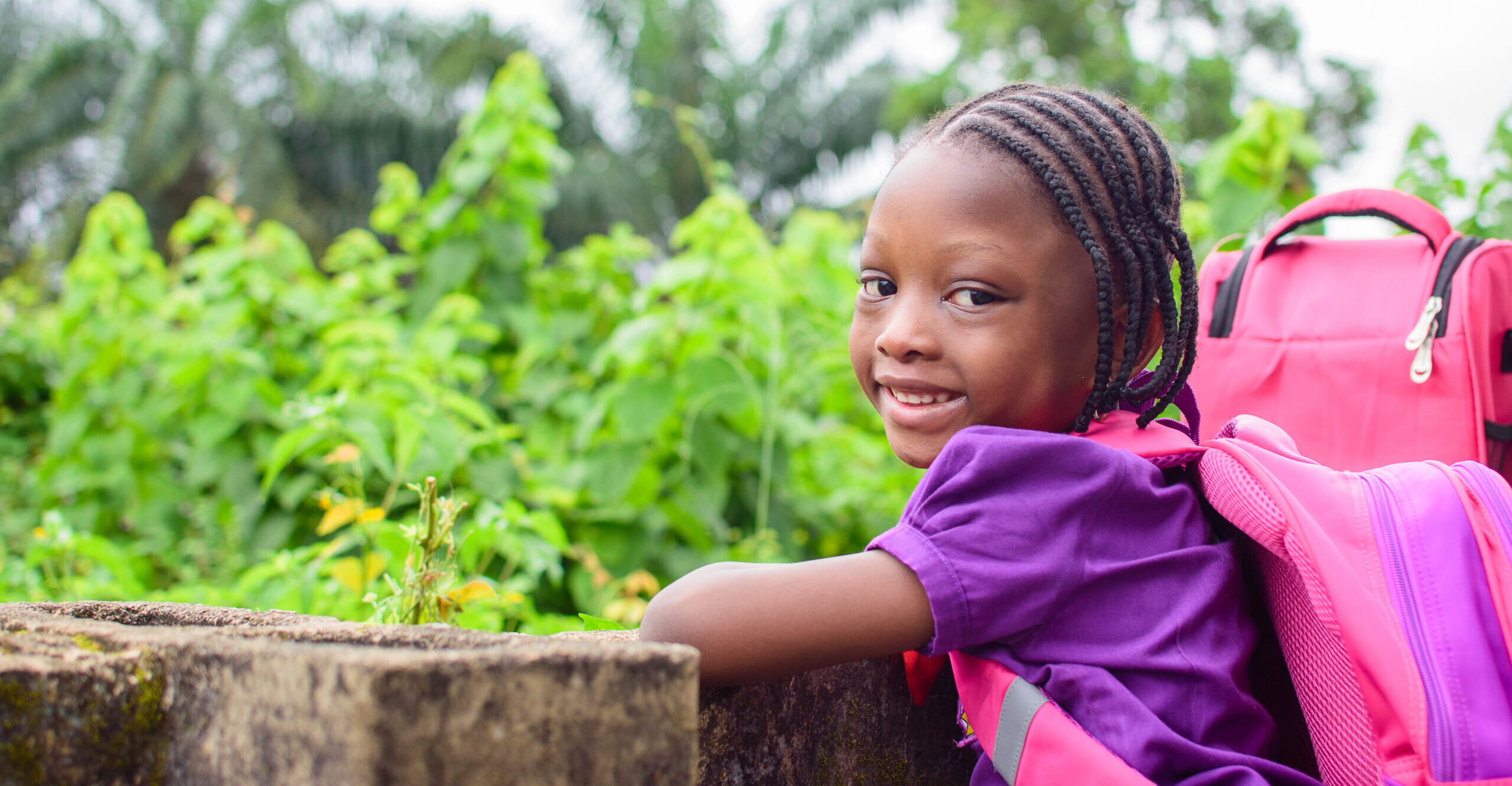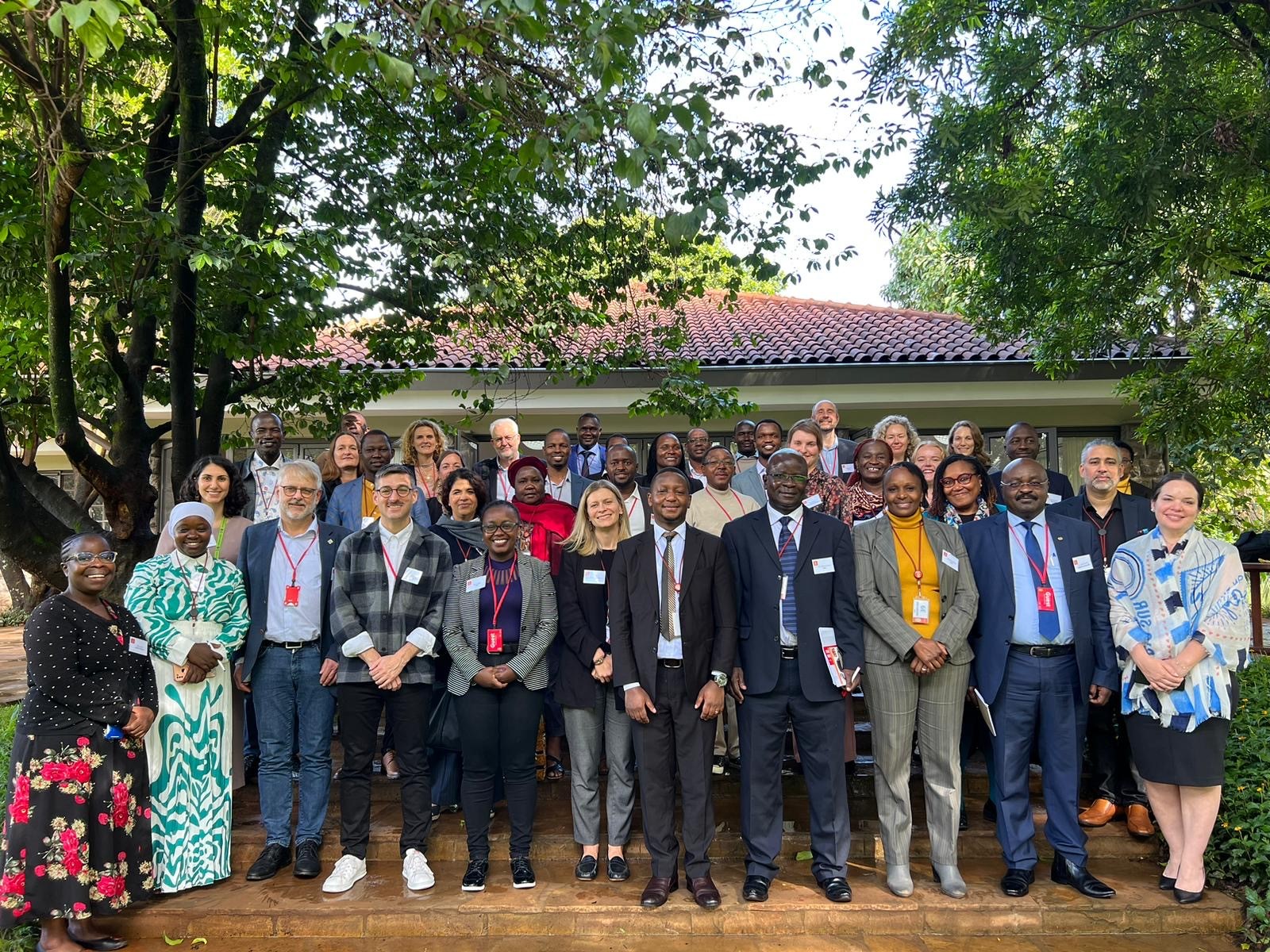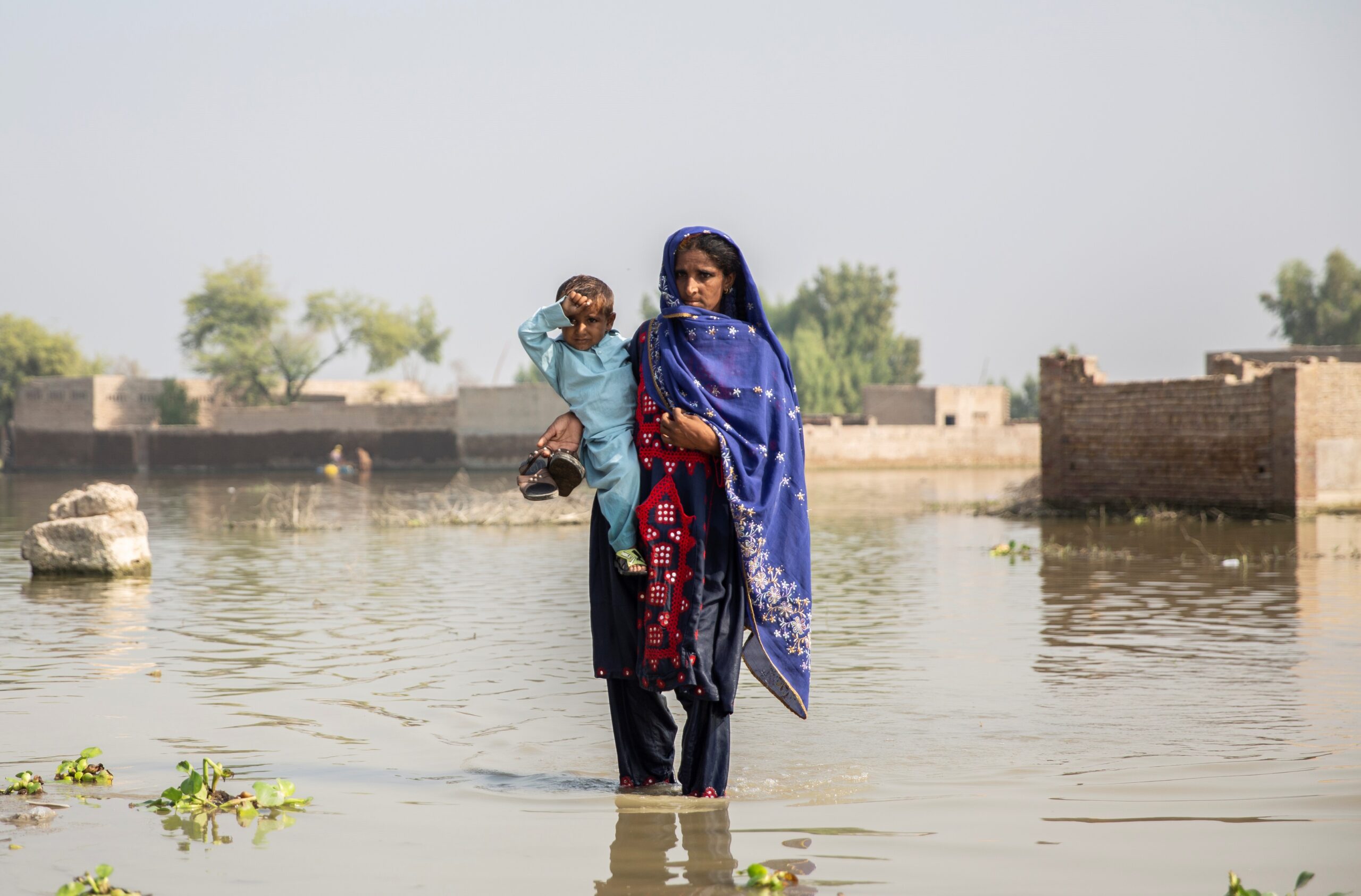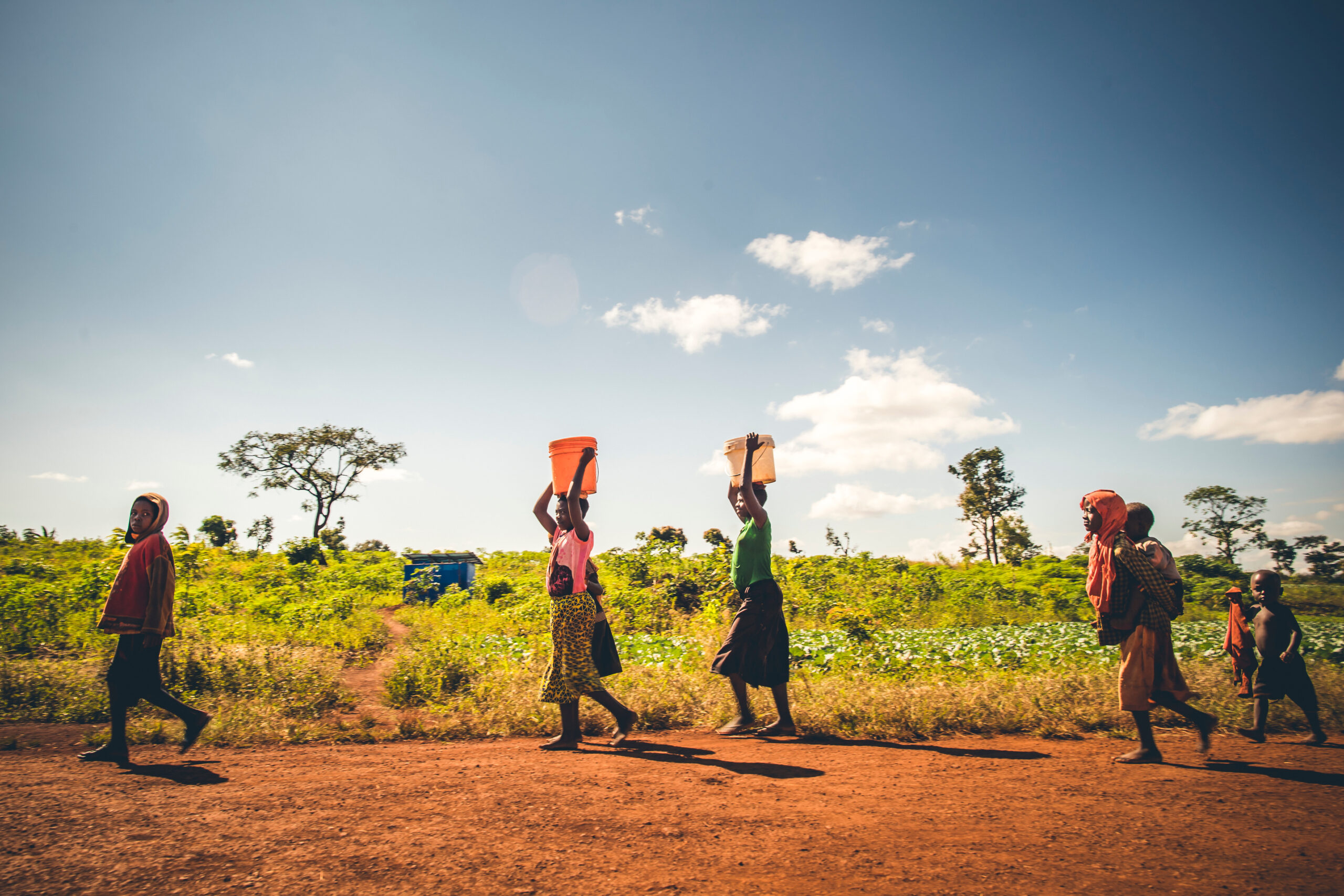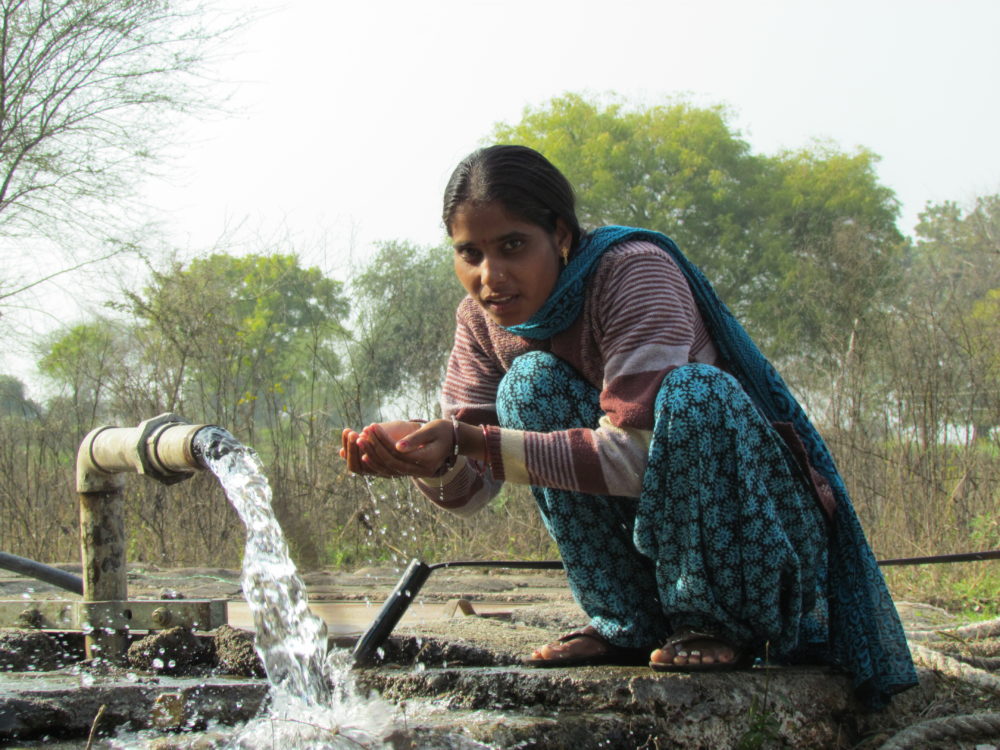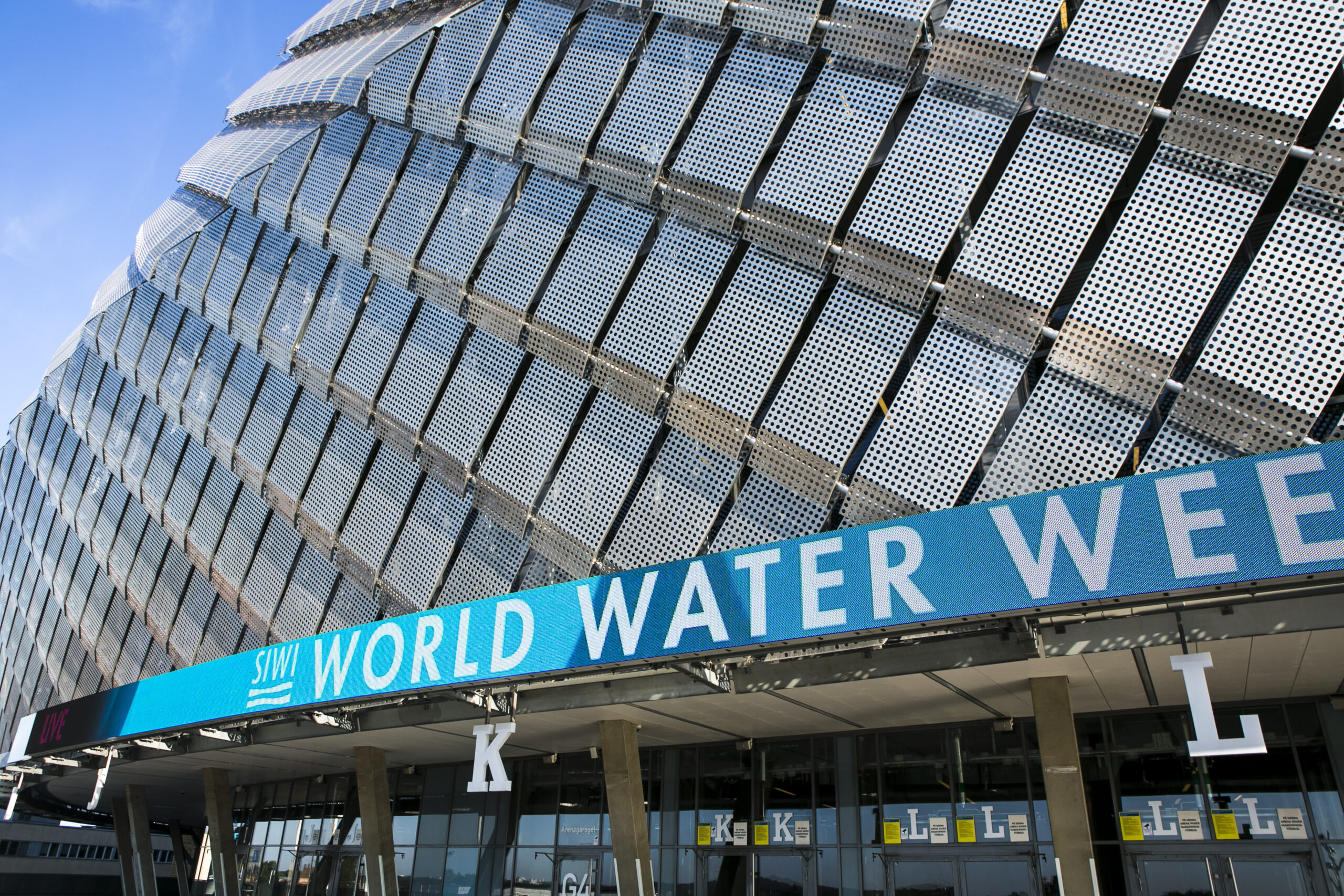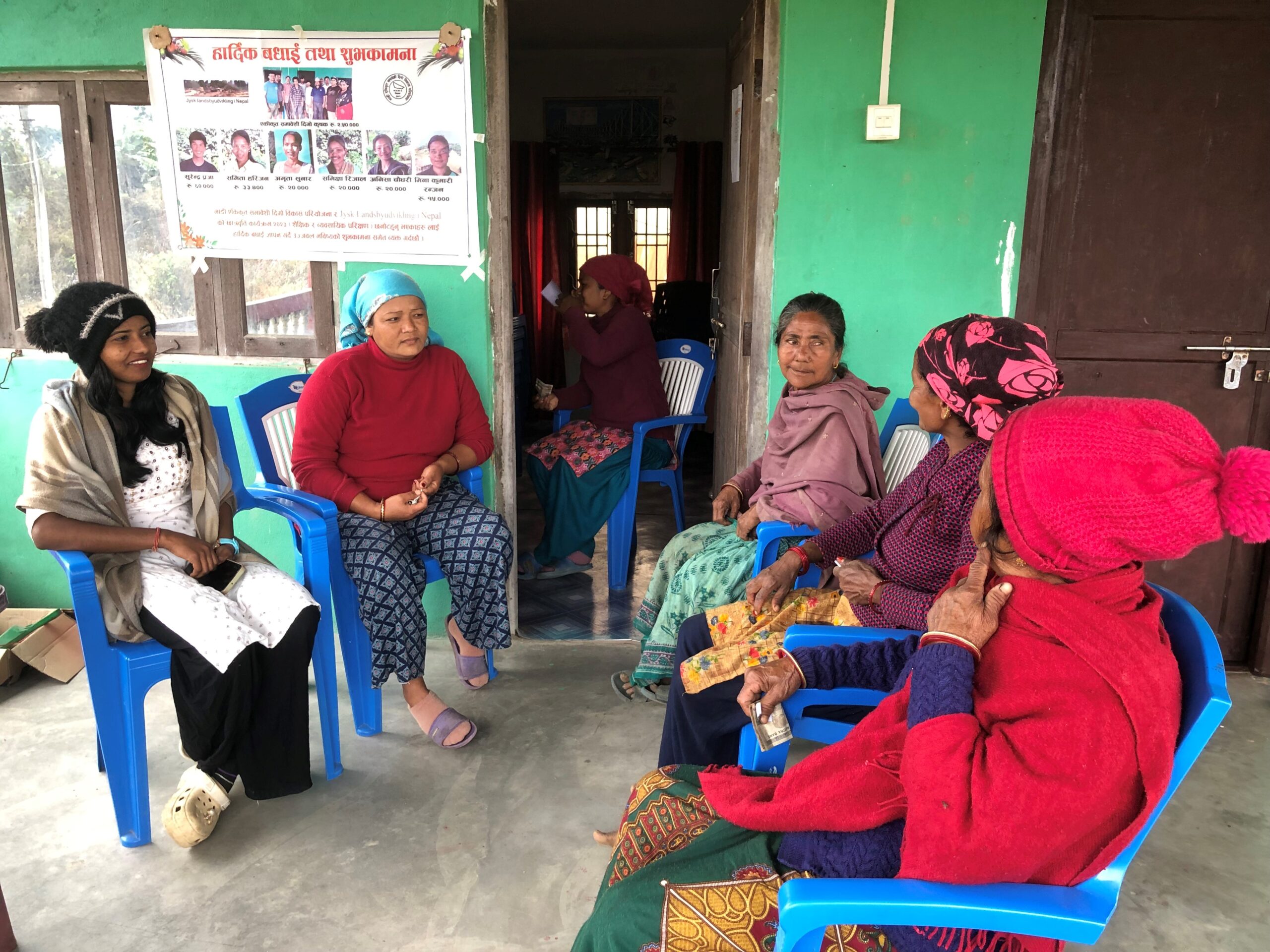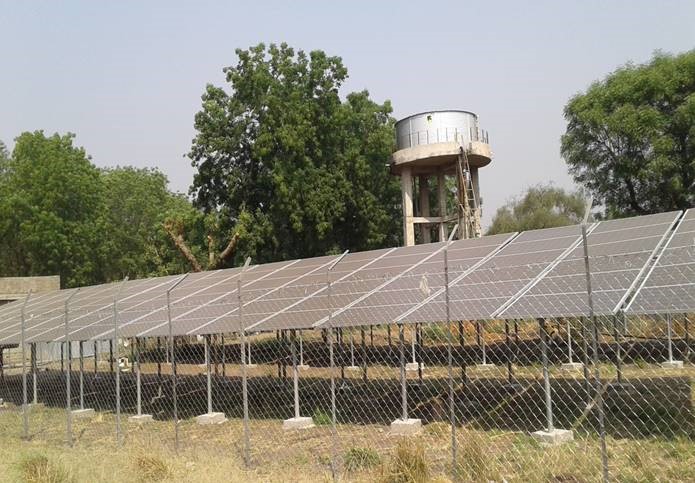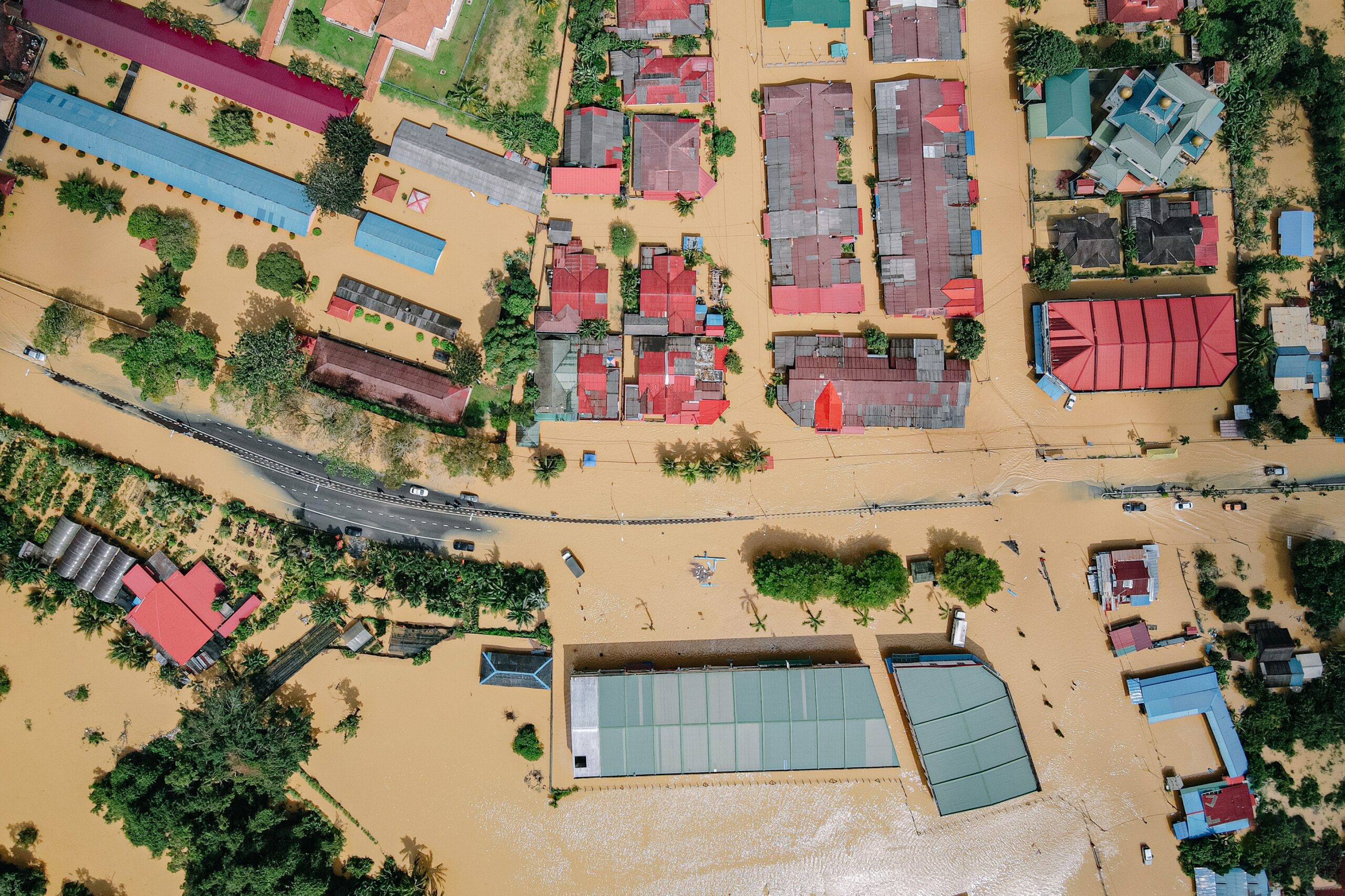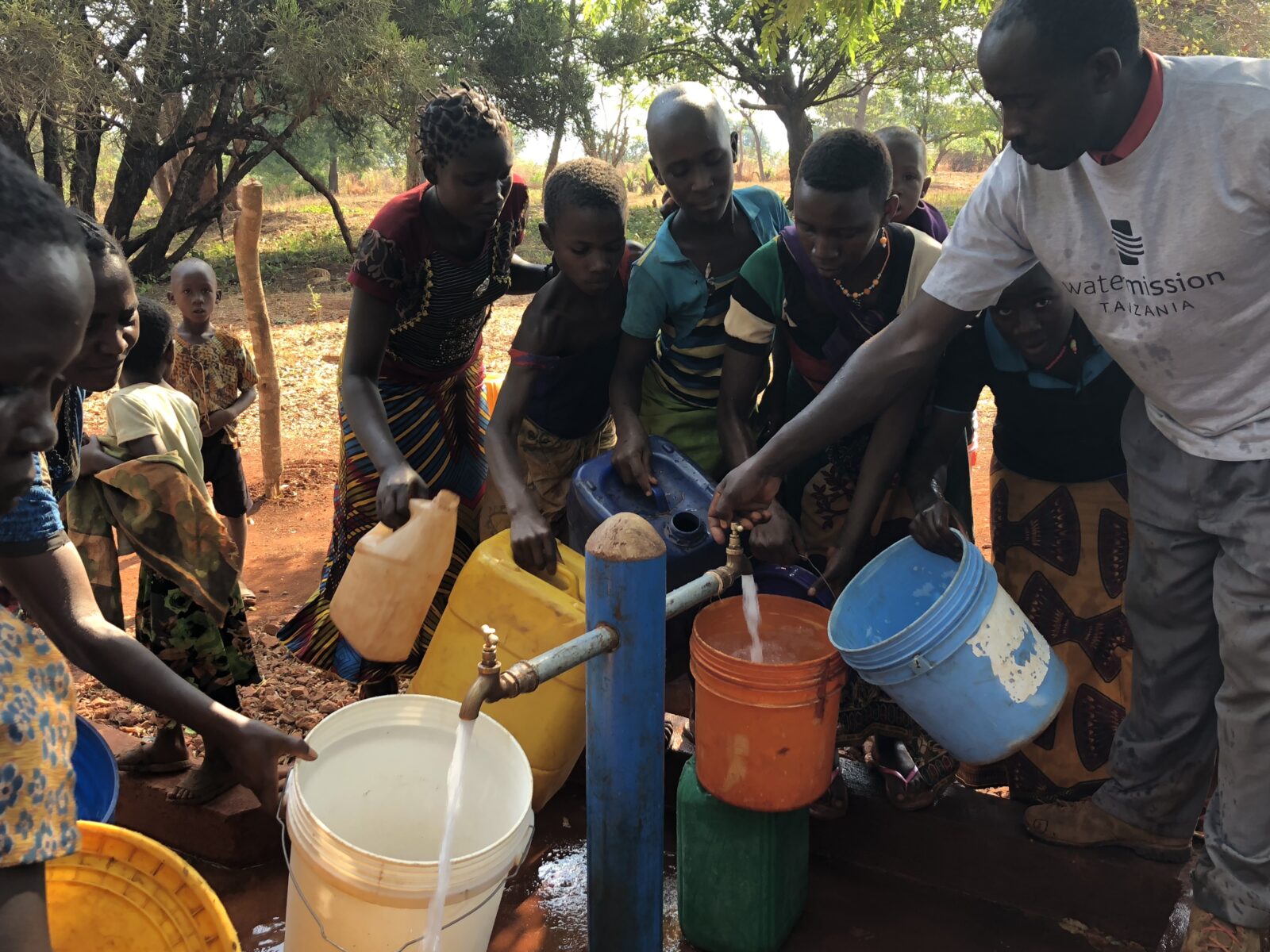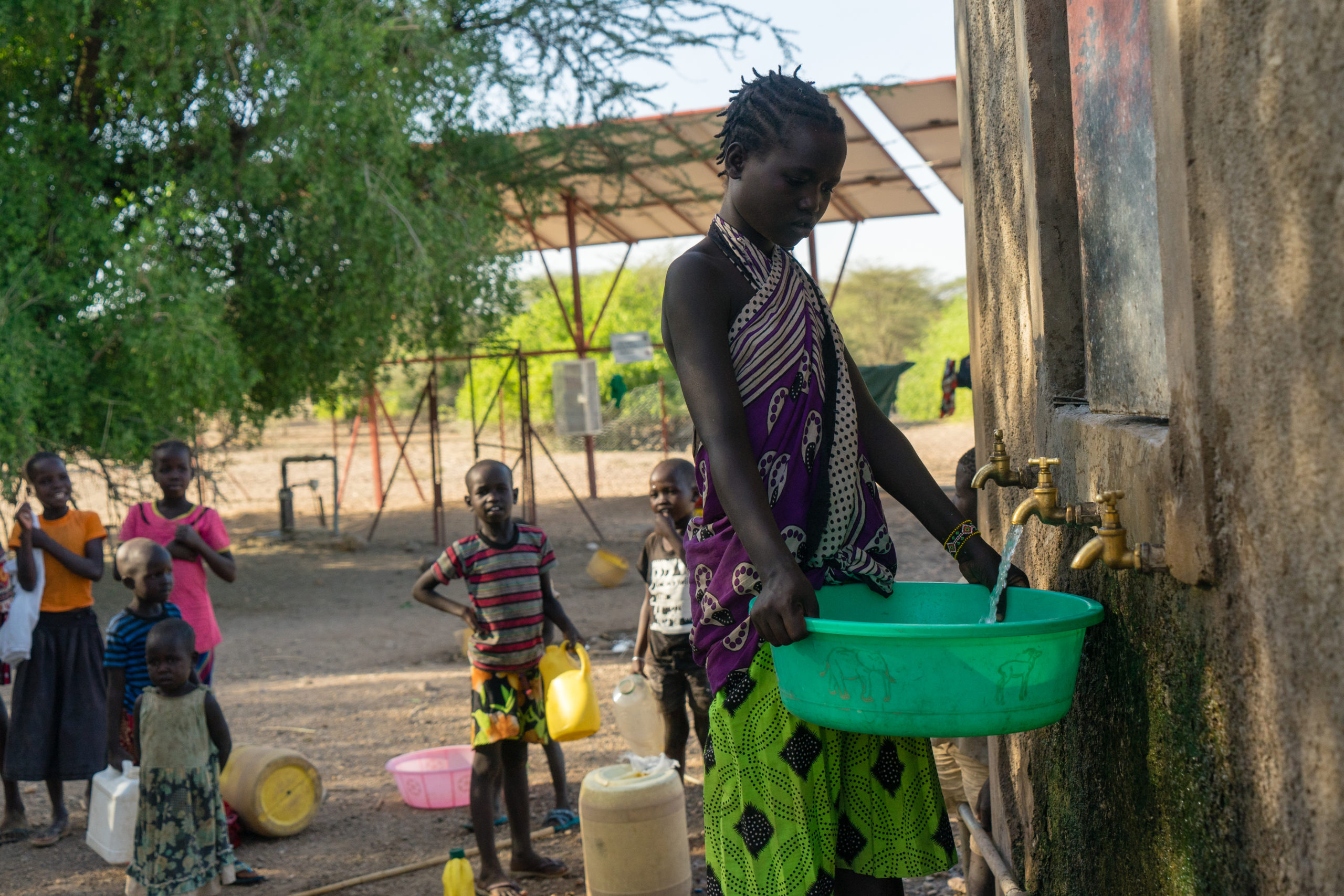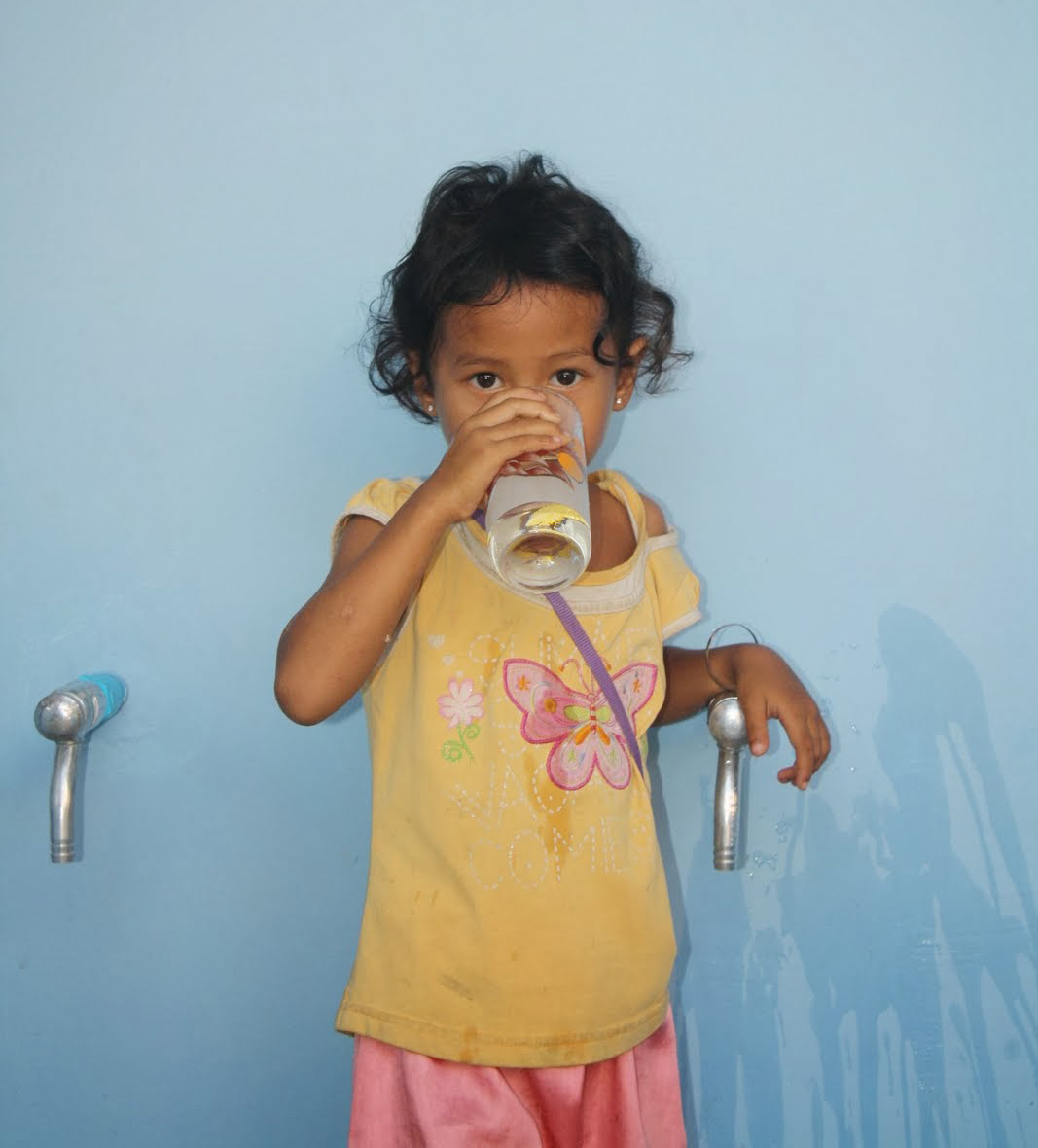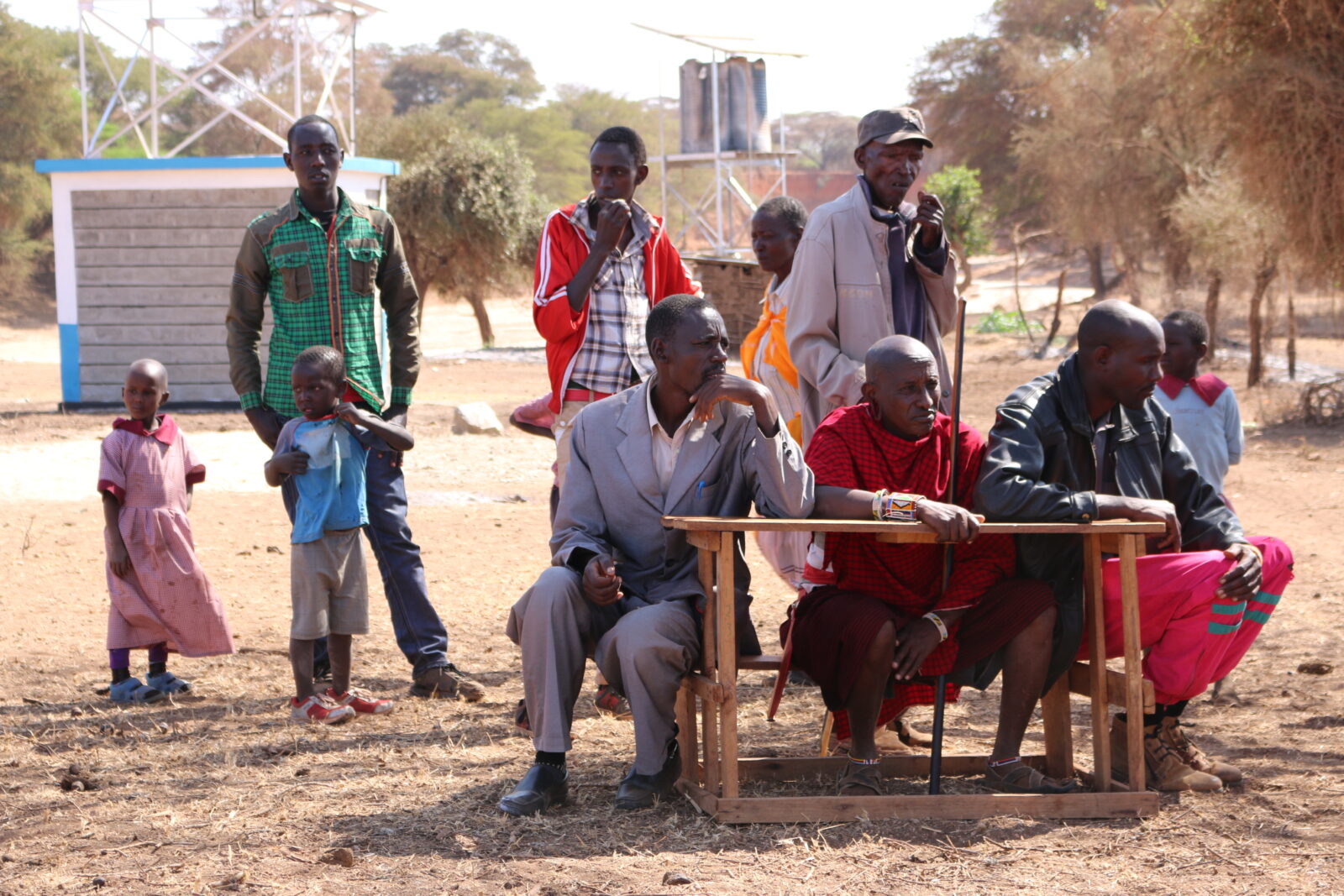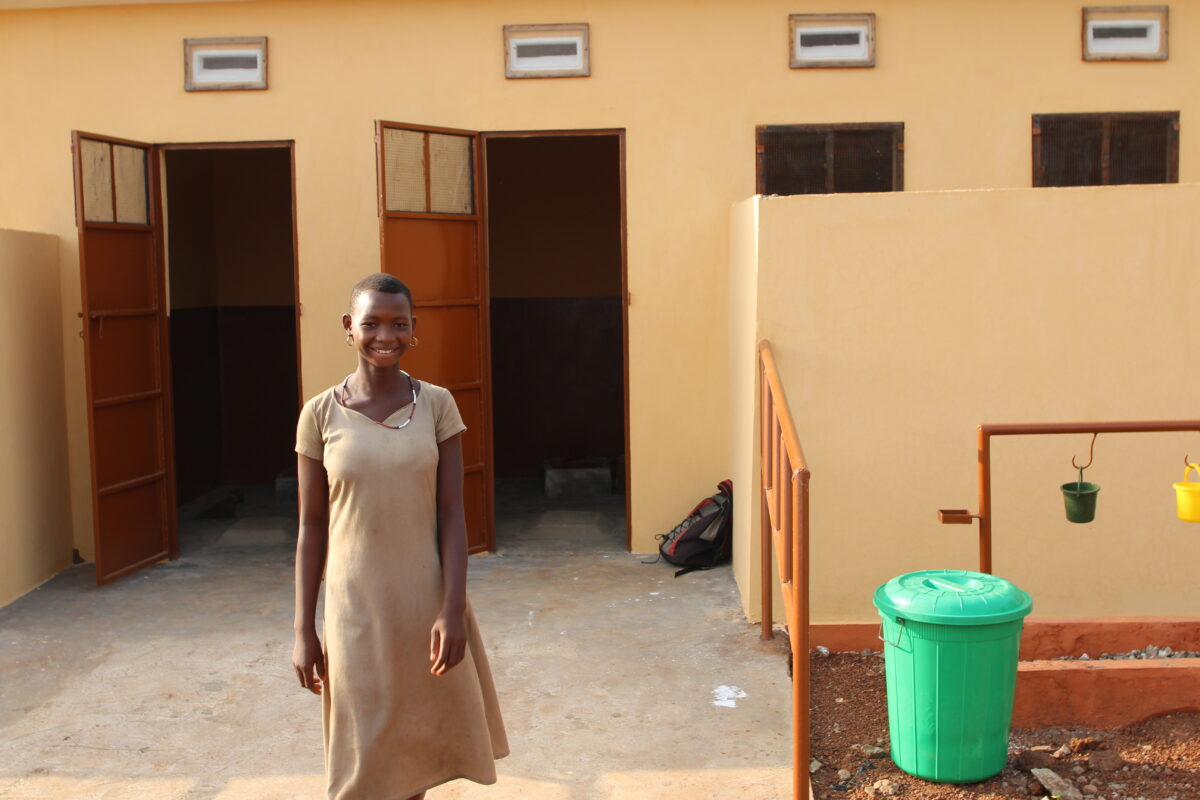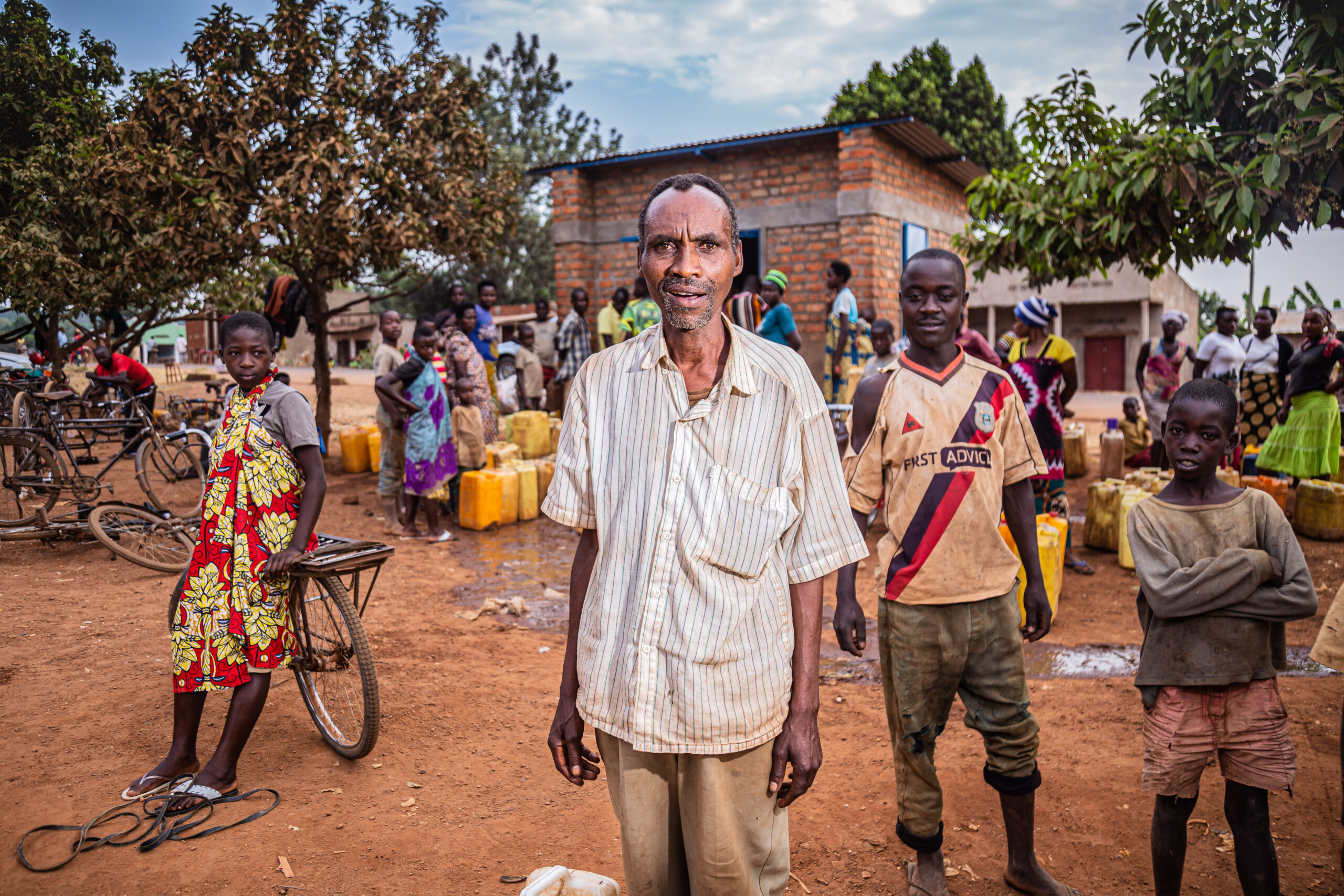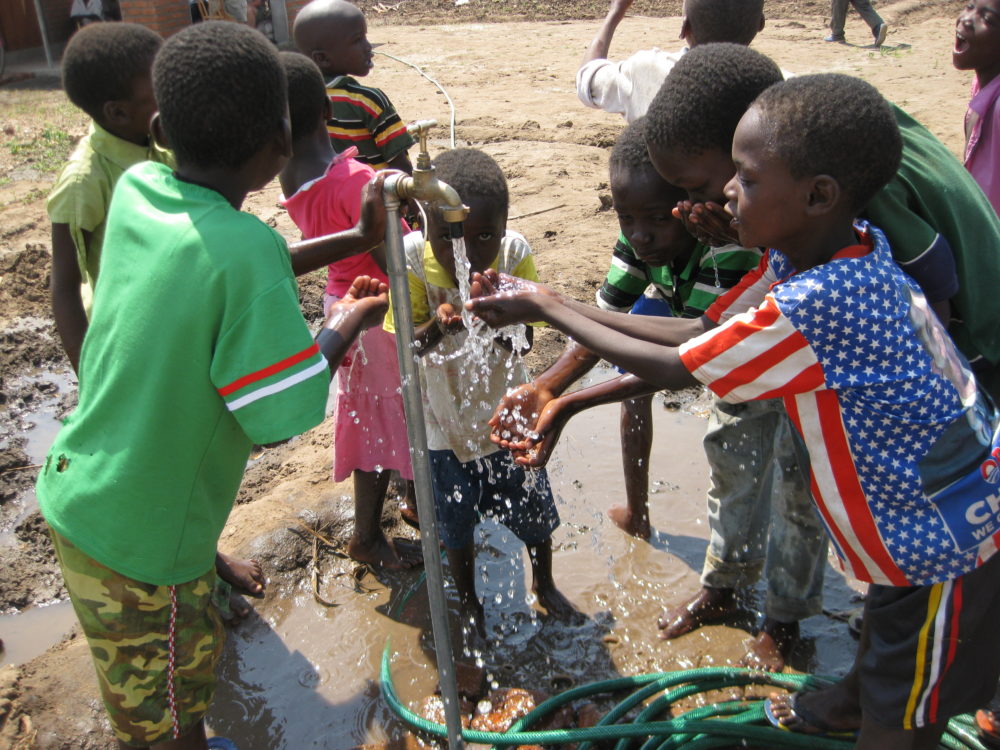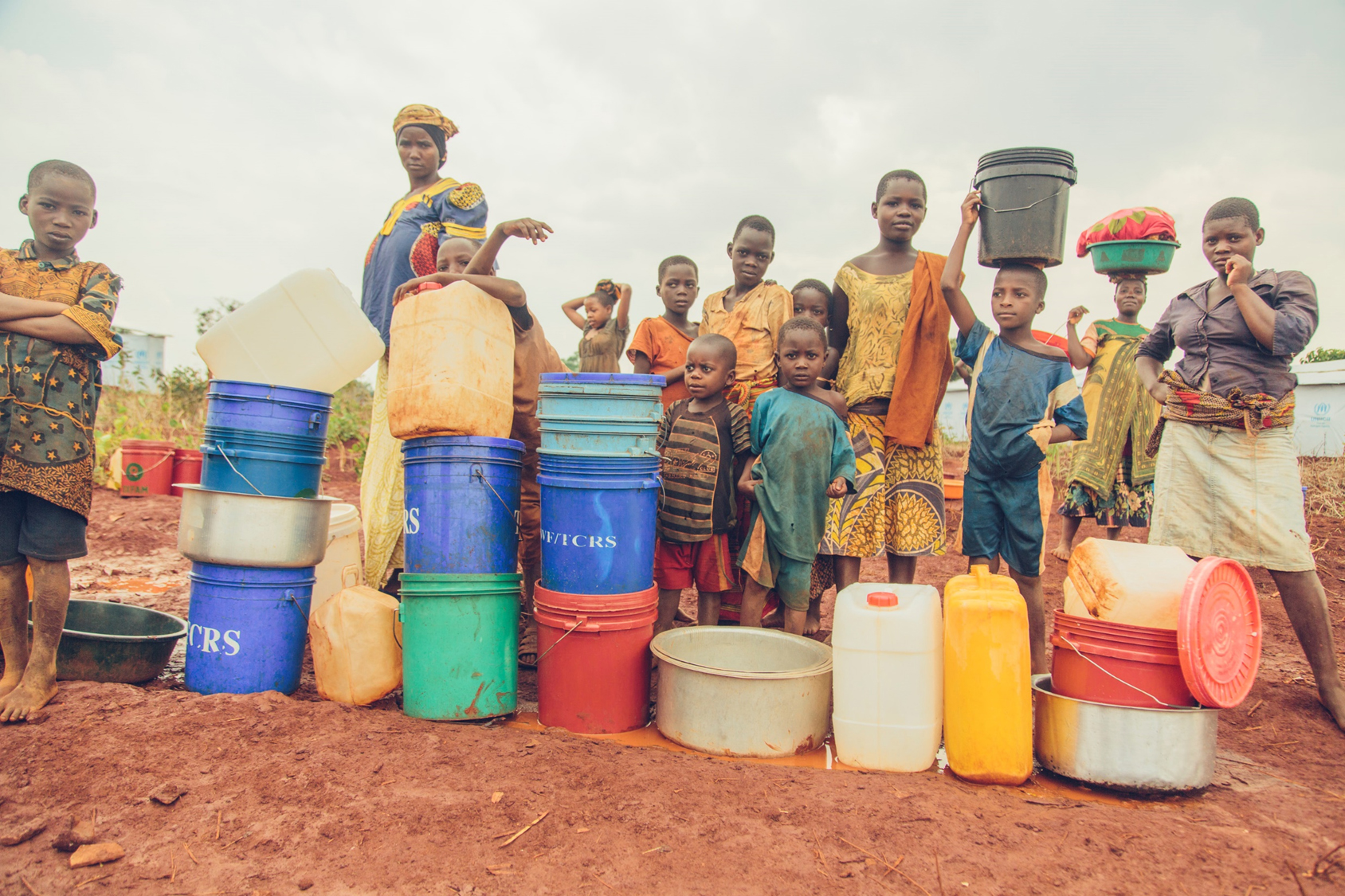Tanzania is lagging behind in its progress towards achieving the 2030 target for the Sustainable Development Goals (SDG). Accelerated actions are therefore required to achieve these targets.
Lack of access to adequate and safe water and sanitation services has a negative impact on the socio-economic wellbeing of the population as in most cases waterborne diseases such as cholera, diarrhoea and typhoid impose high treatment costs to people living in poverty.
The consequences for schoolgirls are that most of them are unable to remain in school, forced to spend approximately two hours travelling more than 5km to fetch unsafe water for domestic and personal hygiene. Girls who have experienced menarche face a privacy challenge by not having safe menstrual health and hygiene management sanitation facilities while in school, causing them to abstain from attending classes for up to five days monthly.
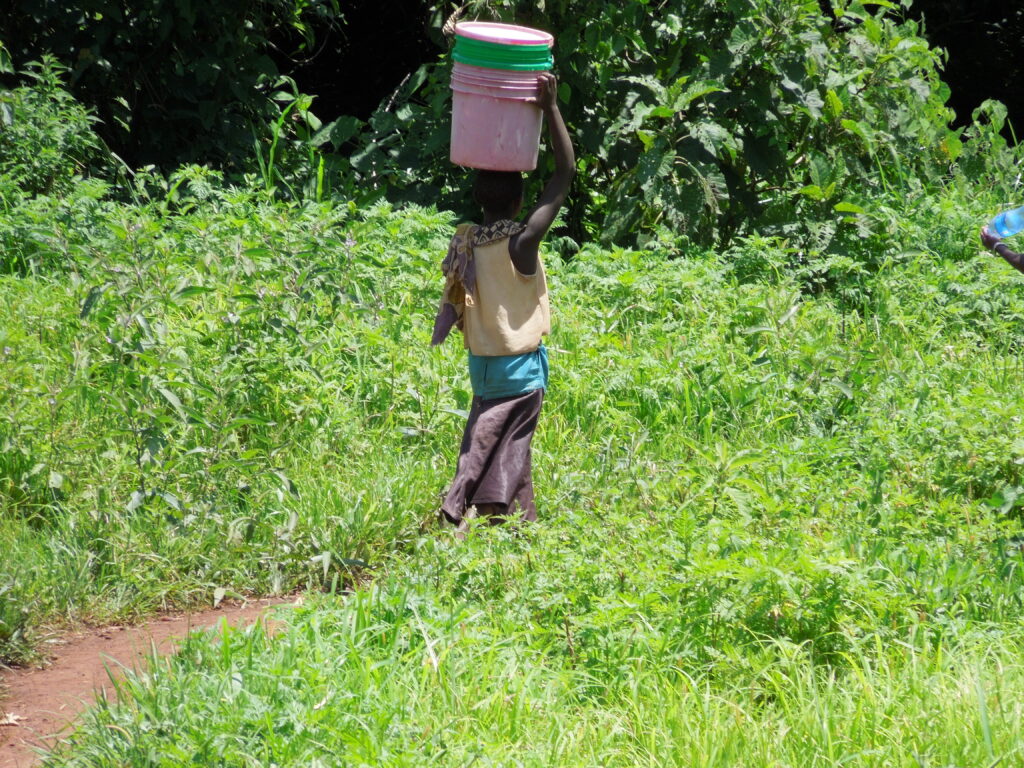
Most schoolgirls are unable to remain in school, forced to spend approximately two hours travelling more than 5km to fetch unsafe water for domestic and personal hygiene. Photo: Water Mission (2016)
Water brings development and peace
Access to safe water and sanitation contributes significantly to improving a population’s health and socio-economic status. With access to safe water and sanitation, women can spend more time engaging in income-generating activities, thereby increasing their personal and family income as well as enhancing their dignity by having privacy when accessing sanitation facilities. At the same time, it allows girls to attend school consistently to ensure a full education with all the benefits that an education brings.
Furthermore, Kigoma Region is host to over 260,000 refugees living i three camps. Expanding and increasing the support to host communities will help to promote socio-economic development and decrease the risk of tensions and misunderstandings between the refugee/migrant population and the respective host populations. The project will build on the experience gained through interventions by the Foundation in the refugee camps and in 24 host communities.
About the partnership
In partnership with the Grundfos Foundation, UNICEF will engage with Water Mission to achieve the following objectives:
- Increase access to improved water supply for 31 villages using solar technology,
- Build capacity in 31 Community-Based Water Supply Organizations (CBWSOs) to implement sustainable management and service delivery models for each of the 31 water systems developed,
- Strengthen local government and local NGOs through technology transfer.
The project will run for 3 years and the Foundation has pledged over DKK 37 million toward the partnership.
The beneficiaries will be 31 communities in:
- Kasulu DC (10 communities/65,673 people),
- Kibondo DC (9 communities/52,792 people) and
- Uvinza DC (12 communities/75,582 people).


